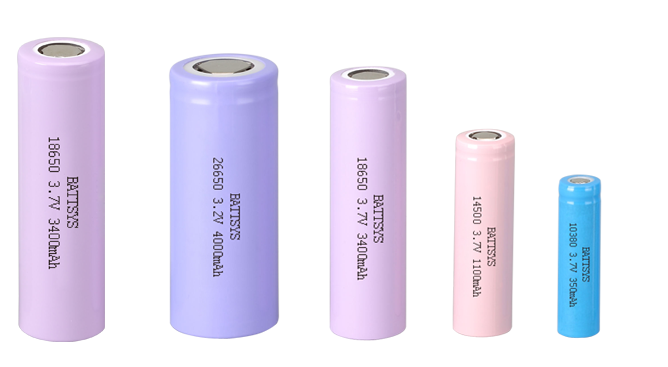Why do 18650 lithium battery cells age,The main purposes of battery cell aging are:
One is to improve the infiltration of electrolyte, which is beneficial for the stability of battery performance;
Secondly, after aging, the active substances in the positive and negative electrode materials can accelerate the occurrence of some side effects, such as gas production and electrolyte decomposition, which can quickly stabilize the electrochemical performance of lithium batteries;
The third is to conduct consistency screening of lithium batteries after aging for a period of time, and remove micro short circuit cells that fail self discharge. After formation, the voltage of the battery cell is unstable, and its measured value will deviate from the actual value. The voltage and internal resistance of the aged battery cell are more stable, making it easier to screen for batteries with high consistency.

1. Due to various reasons during the production process, lithium battery PACK may cause differences in the internal resistance, voltage, and capacity of the battery cells. Combining differentiated battery cells into a battery pack can lead to quality issues in production.
2. A lithium battery pack assembly is completed, and the manufacturer cannot fully know the true data and performance of the battery pack before aging it.
3. The aging of batteries involves conducting charge and discharge tests, testing the cycle life of battery combinations, and conducting battery capacity tests. Battery charge/discharge characteristic test, battery charge retention ability test, battery charge/discharge efficiency test.
4. Battery overcharge/overdischarge rate endurance test.
5. Manufacturers can only know the actual data of their products after they have undergone aging testing, and can promptly and effectively screen out defective products to avoid them entering the hands of consumers.
6. In order to better protect the rights and interests of consumers, aging testing of battery packs is an essential process for every manufacturer.
